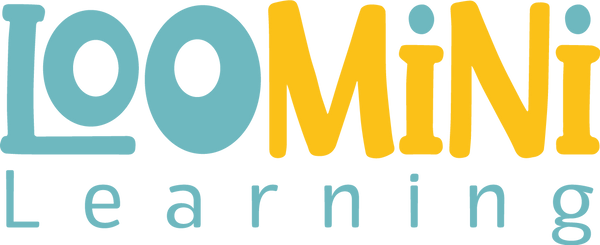As a parent, you hope that your children succeed in every area of their lives. You want them to have good grades in school, be a contributing member in society, and maybe even land their dream job.
But what about their social and emotional well-being? How much importance do you give to developing their resilience, self-awareness and empathy?
Turns out, social emotional learning (SEL) is one of the most important things you can do for your child's overall success and happiness. SEL has been shown to provide short- and long-term benefits in areas like academic and career achievement, mental health, and relationships.
Here are some short-term rewards provided by social emotional learning:
Improved academic performance.
SEL is an important part of every child's education. Learning ESL is all about understanding the value of teamwork, communication, and empathy—all important skills that help children succeed both academically and in life. In addition, SEL can also help to reduce stress and anxiety in children, ensuring they are able to focus on their studies and actually enjoy learning.
For parents and educators, on the other hand, SEL provides the ability to model positive behavior and an improved mindset when it comes to learning, facing challenges, failure and more.
Increased ability to regulate emotions.
SEL provides children with the skills they need to identify and cope with their emotions in healthy ways. As a result, parents who encourage their children to participate in SEL activities may find that their children are better able to practice regulating their emotions and behaving in more positive ways. SEL is also what helps children learn how to empathize with others and resolve conflict in healthy ways.
Good communication and better relationships.
As kids grow up and begin to develop their own personalities and preferences, it can be tough for parents and teachers to keep up. However, one of the immediate benefits of SEL is that it can help adults and children to connect with each other on a deeper level.
SEL teaches children how to understand and express their emotions, as well as how to relate to others. As a result, kids who are enhancing their SEL skills are more likely to be able to communicate effectively with their parents and peers, building strong, lasting relationships. In addition, SEL can also help parents, educators, caregivers and friends to better understand the child’s needs and feelings.
In Conclusion:
Though the short-term benefits of SEL are impressive, they only scratch the surface of what this powerful learning process can do for students. We’ll explore these long-term effects in our next blog post and show how social emotional learning can change lives for the better.
In the meantime, what are your thoughts on SEL? Do you think it’s important for schools to incorporate SEL in the way they teach our children? Let us know in the comments below!
Want to get a grip on your child's meltdowns?



